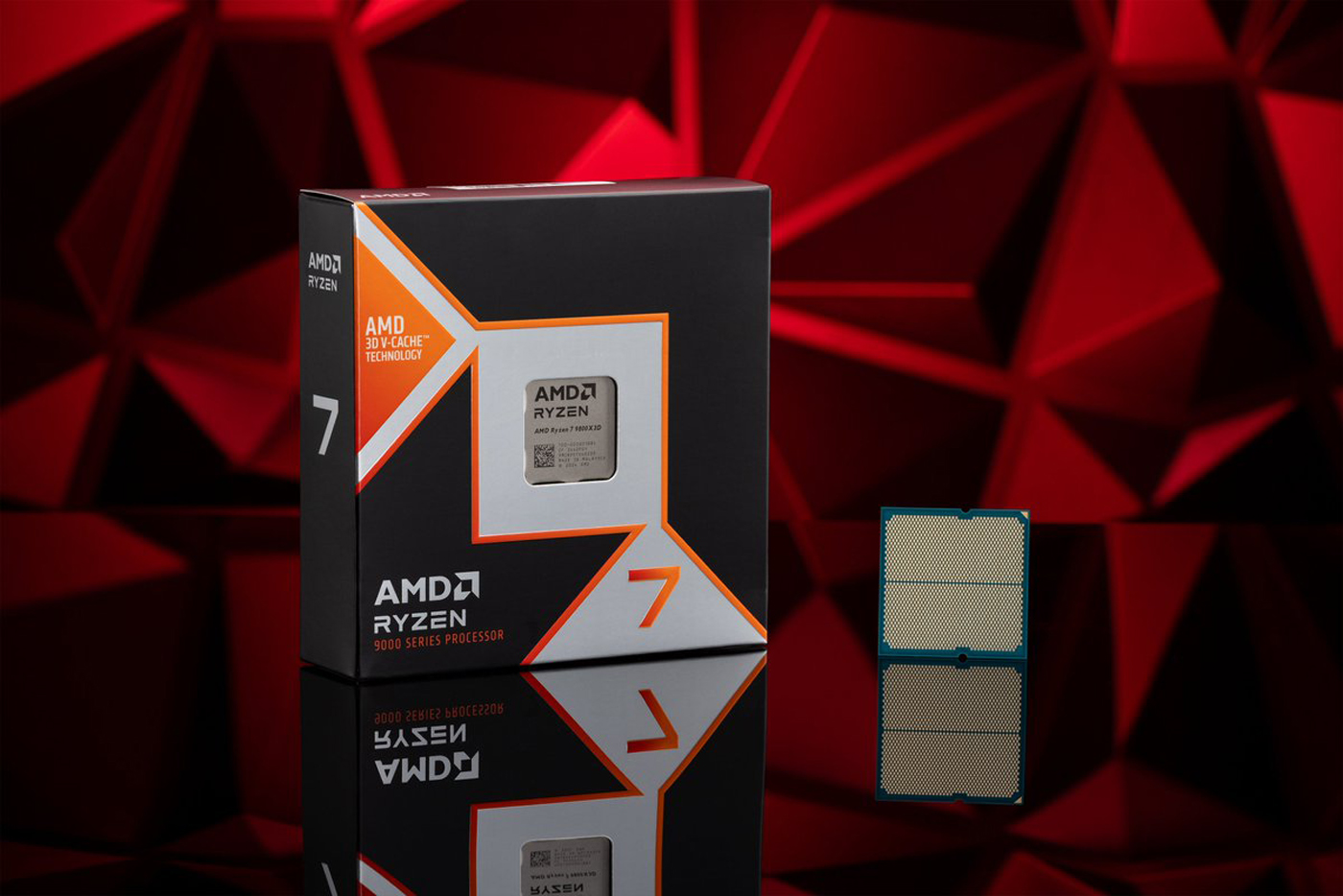
In a significant legal development, IP licensing firm Adeia has initiated a lawsuit against AMD, accusing the tech giant of infringing on its semiconductor patents. The allegations suggest that AMD has been using Adeia’s proprietary technologies in its products without permission, leading to this legal showdown.
Patent Dispute Between Adeia and AMD
Adeia, a well-known Intellectual Property licensing company, has filed two lawsuits against AMD, claiming unauthorized use of its patented technologies. These lawsuits were recently filed in the US District Court for the Western District of Texas. Adeia alleges that AMD has been leveraging its patented hybrid bonding technology in products like the AMD 3D V-Cache processors, which have given AMD a competitive edge in the marketplace since 2022. Despite prolonged negotiations, Adeia has been unable to secure a licensing agreement with AMD, prompting the decision to pursue legal action.
For years, AMD’s products have incorporated and made extensive use of Adeia’s patented semiconductor innovations, which have greatly contributed to their success as a market leader. After prolonged efforts to reach a mutually agreeable resolution without litigation, we believe this step was necessary to defend our intellectual property from AMD’s continued unauthorized use.
– Adeia
Implications of the Lawsuit
The lawsuit covers ten patents, with seven focused on hybrid bonding and three on advanced semiconductor processes. Adeia remains open to negotiation but is prepared to proceed in court if necessary. This legal battle could lead to AMD facing significant licensing fees, potentially impacting its future product offerings and pricing strategies. Although the chips are manufactured by TSMC, Adeia’s focus is on AMD as the designer and main beneficiary. This case is particularly significant for AMD due to its timing and the specific technologies involved. As of now, AMD has not released any public statement concerning these allegations.